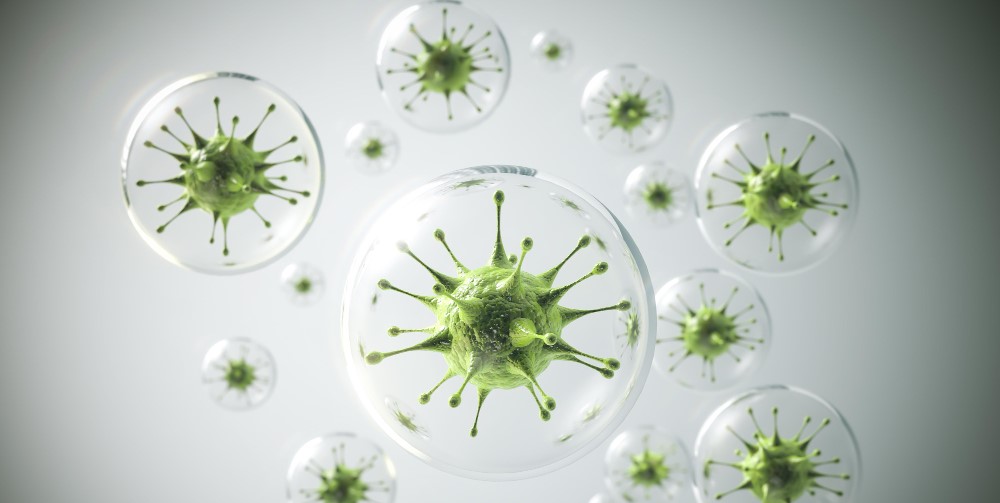POSTED BY: KEN MCENTEE
Compost is a major source of pathogenic aspergillus spores, study says
A study in the journal “Applied and Environmental Microbiology” reveals that compost and compost-enriched soils have high concentrations of Aspergillus fumigatus spores, posing public health risks. Lead author Jennifer Shelton, during her Ph.D. research, found that 14% of these spores in garden soils were resistant to the agricultural antifungal drug tebuconazole, which also implies resistance to medical triazoles used to treat lung infections caused by these spores.
The study, involving 249 citizen scientists who collected 509 soil samples on the same day, found that soil with compost is more likely to grow tebuconazole-resistant strains of A. fumigatus. The research underscores the risk of handling compost, suggesting potential health warnings on compost bags, sterilization before shipping, and advising individuals to wear masks during handling.
This research was motivated by increasing cases of aspergillosis, particularly those caused by triazole-resistant strains, in the U.K. Chronic forms of this lung infection are challenging to treat, with high mortality rates. People with weak immunity are especially vulnerable, but even healthy individuals can develop aspergillosis from inhaling a significant number of spores. The study highlights the need for behavioral changes and industry action to minimize exposure to these harmful spores.
Discover the future of waste management with composting free technology
Handling organic waste properly can be challenging due to the unpleasant smell and dirty water produced during the composting process. Despite the availability of various composting technologies and equipment in the market, time and pollution remain significant concerns. However, a novel technology that combines patented equipment and enzymes offers a potential solution. This innovative approach can convert organic waste into fertilizer in just a few hours, and most importantly, without causing pollution.
Learn more


 中文 (台灣)
中文 (台灣) Bahasa Indonesia
Bahasa Indonesia Tiếng Việt
Tiếng Việt Bahasa Melayu
Bahasa Melayu Français
Français Español
Español Português
Português